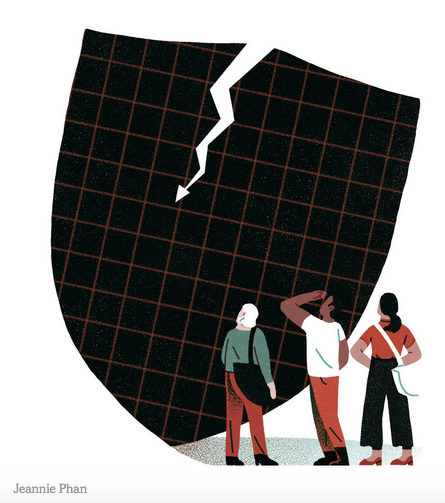Much of this is beyond the Fed’s control. Among the barriers to employment are the rising use of opioids and dismal job prospects for people who have been arrested or imprisoned. Better drug treatment and health care, and sentencing reform, could help, but they are not within the Fed’s purview. The Fed also cannot create a plan to bolster jobs by rebuilding the nation’s infrastructure. Nor can it enact an immigration plan to compensate for an aging population and smaller labor force that can restrict economic growth.
The Fed is also not responsible for advancing labor standards that help to lift wages. Republicans oppose a meaningful rise in the minimum wage, which was already inadequate when the current $7.25 hourly rate took effect in 2009. The Trump administration is undermining an Obama-era effort to lift middle-class pay by updating rules for paying time-and-a-half for overtime to salaried workers.
That said, the Fed should acknowledge the weakness in the job market and keep rates low until clear signs of wage and price increases emerge. Instead, the Fed seems to be grasping at straws to support the assumption that low unemployment will automatically lead to higher inflation.




